There is a evil side of Google which revealed itself in the Filter Bubble, invasion of privacy, the lack of transparency, in the monopoly induction of behavior and especially in what is happening in the search environment.

|
Scooped by
Robin Good
onto Content Curation World January 8, 2014 3:52 PM
|
The future of search may not just be about Google and Bing. In the future of search, believe it or not, there are going to be a lot of people like you and me who will be providing much more helpful information guidance to specific requests than Google could ever do.
I know this sounds probably unrealistic to you, but I think there are now many good indications that this likely going to happen much sooner than you expect.
One of the key reasons why, human beings will start to reclaim this highly valuable search territory, is the fact that in the last few years we have slowly but deeply surrendered our ability to evaluate, decide and select what is "real" to Google's own algorithms, in ways that can only be detrimental to us.
You have probably read in recent times that Google is moving to use "semantic search" rather than the keyword-based approach it has been using until now.
Do you know that "in semantic search, the decisions are not based on statistics, but rather on world models"?
"How about searching for "Dictators of the World?" The results, which include a list of famous dictators, are not just the judgment of whether someone is a dictator, but also an implicit judgment of choosing individual examples for the concept of a dictator.
When building knowledge over concepts such as "Dictator" in the search engines, we are implicitly accepting a set of assumptions."
"It is needed to question and monitor these models, for in the past, the significance was only in the human mind. Now, it is also in the mind of the engines that forward us information.
The search bears an editorial point of view, and its results reflect this point of view.
We can’t ignore the assumptions behind these results. The invisible judgments will frame our conscience."
Here is a must read article by Zeh Fernandes, that wants to ignite an open discussion about "how the Google monopoly is affecting the way we search for and receive information on the internet".
I think that this is a topic deserving the highest attention and I highly recommend to read in full this excellent article, especially to content curators, information librarians and any other individual concerned with our future ability to vet, organize and make sense of the ocean of information surrounding us.
Alternative search tools and content curators are the future.
Good reminder of what we are eating daily. Insightful. Eye-opening. 10/10
Read this: http://zehfernandes.com/the-evil-side-of-google/





 Your new post is loading...
Your new post is loading...

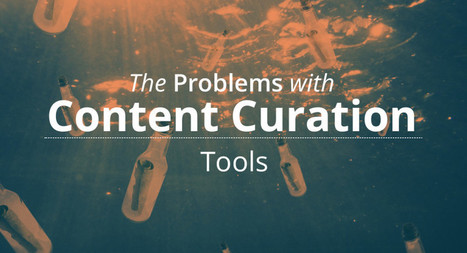





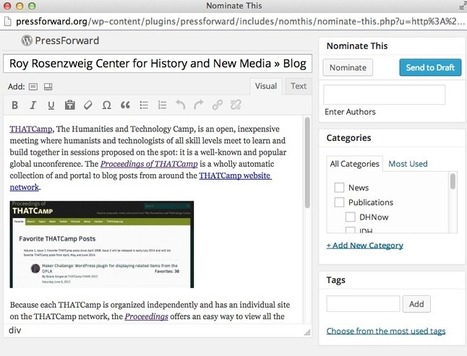







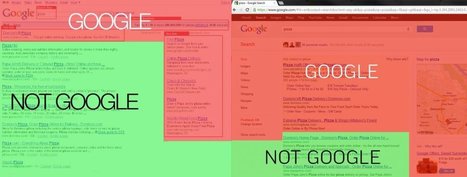




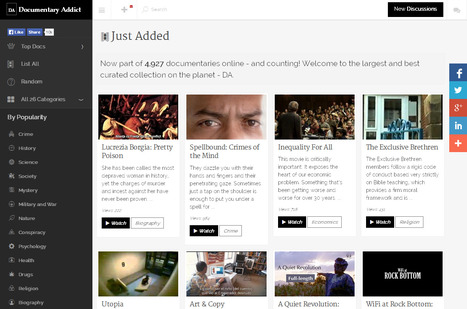



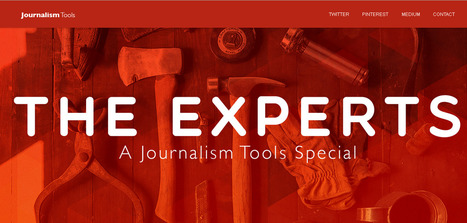




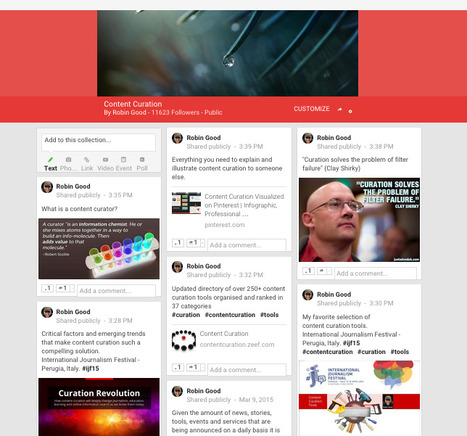






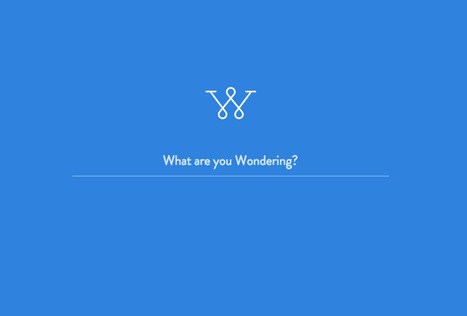




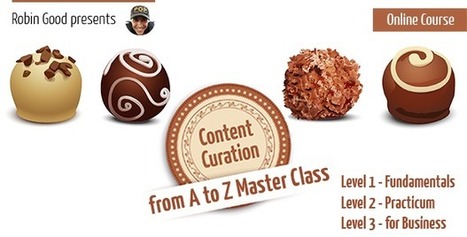


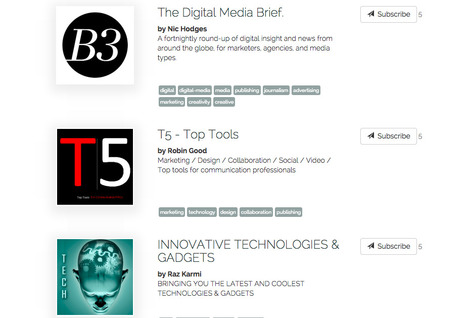









"we should worry about search engines becoming the arbiters of truth." De l'importance de comprendre comment on accède à l'information et de reprendre la main.
People who use Google are given the impression that they are interacting with the data out there, but they are actually interacting with Google and its view of the world.
"They are prediction engines that constantly refine a theory about who you are and what you are going to do or want next. Together, they create an universe of data for each one of us."
"In a 2010 paper published in the Scientific American journal, Tim Berners-Lee warned about companies developing ever more “closed” products and “data islands”.
"Morville, in his book Search Patterns, says that the first and second results receive 80% of attention. The vertical approach suggests to the user the idea of a single result that fully answers the question, enclosing possibilities and preventing alternative realization."
Or in other words, is our acceptance of what we see in search results eroding our ability (or willingness) to consider alternatives and employ critical thinking?
My favorite statement, "we must always be aware and well informed about the intentions of companies, and never stop having multiple options for any service."
This article was an eye opener for me. I had never questioned Google before.